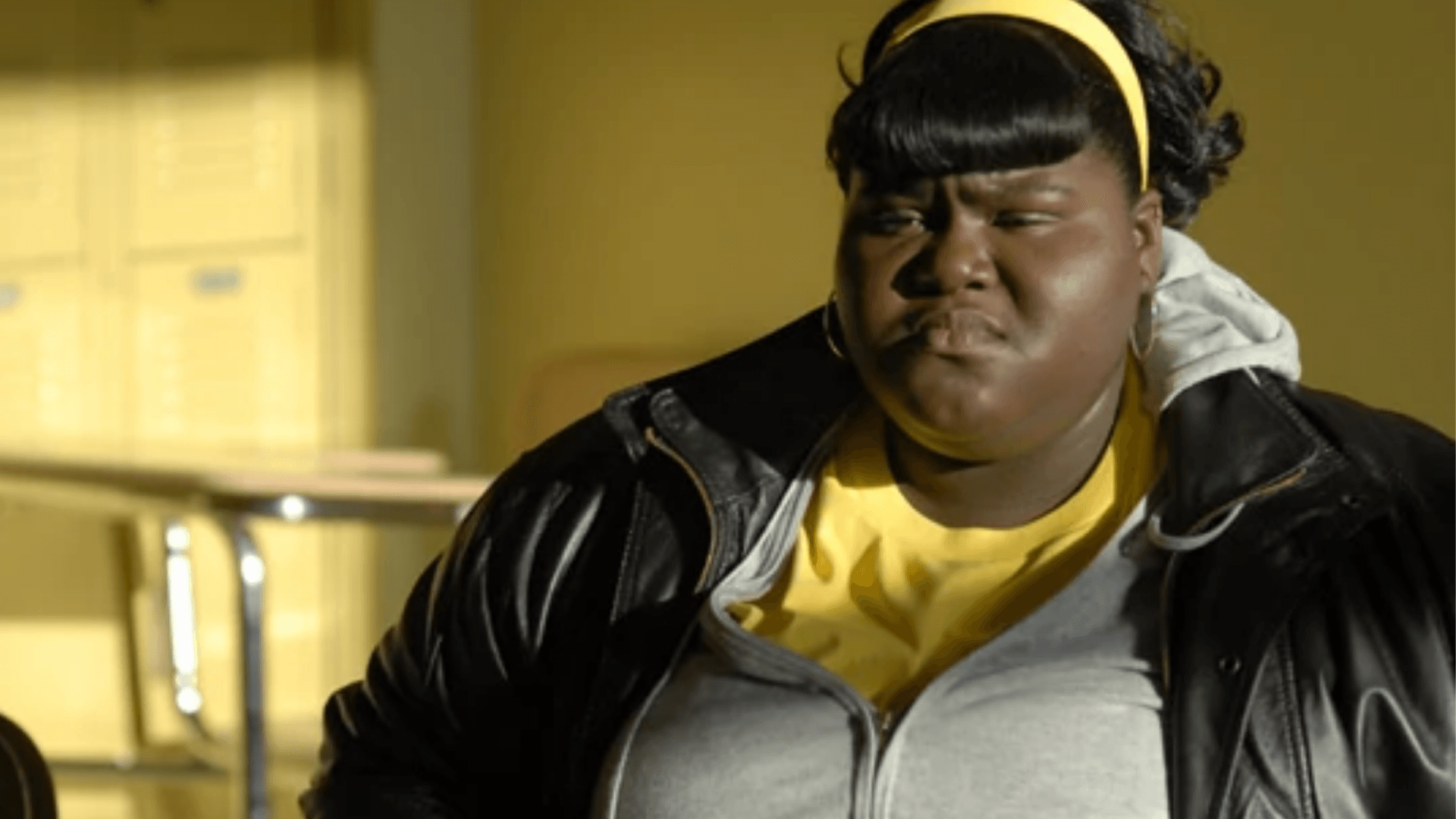Sexual Assault in Entertainment: Precious
Jane Doe
If you haven’t already, check out our previous post on rape culture. This article expands on the thoughts presented there.
Now, we’re not saying all TV shows and films do a terrible job of handling the issue of sexual assault. Many movies have helped promote a better understanding of rape culture and the problems with victim-blaming. So when we think of a movie that shines a light on the ugly realities of rape culture, Precious is one that immediately comes to mind.
The film follows the brutal trauma of 16-year-old, Precious Jones. She experiences the dark world of sexual abuse, incest, and sexual violence at the hands of her parents. Her father, who is no longer involved in the lives of Precious and her mother, had abused Precious throughout her childhood, getting her pregnant and giving her STDs. The first child is living with her grandma, but Mary, her mother, told Precious to lie and say the child is with them, so they can get extra money from the government. While trying to go to school and make a better life for herself we see Precious discover she is pregnant with her second child, again by her own father, and has now contracted HIV because of him. Even with her father gone, her mother, Mary, continued to abuse her.
By the end of the movie, we discover that the reason Precious’s mother sexually and physically abused her was because she was mad that Precious had received attention from the father. Mary believed Precious was stealing her man by “allowing” him to abuse her, and that it was ultimately Precious’s fault he left. The film does end on somewhat of an encouraging note with Precious—and her children—getting away from her mother, and we also see that Precious is working toward her GED.
Precious is full of trauma, and some viewers probably saw it just for that. What makes it different from the other movies and shows that depict sexual violence stories is that it does not shy away from the brutal reality of young girls being abused by their fathers. Viewers might think the abuse presented in Precious is uncommon, but about 1 in 10 children will experience sexual abuse before the age of 18, and 30% of the perpetrators turn out to be family members (1). Statistics like these are a lot to process, but it’s important to recognize that research estimates only one-third of child sexual abuse is identified, while even fewer are reported (2). Based on the number of cases actually reported, 70% of all sexual assault reports are survivors 17 and younger (3). Precious took a difficult topic, and showcased it on the big screen, in a raw and real way.
Another significant part of the film was the way it presented the repercussions of telling people about the assault. For example, being blamed or being told you are not telling the truth because your family doesn’t want to accept that someone they love is a sexual offender. Children are often told to cover up or not speak negatively about family members and friends, and these ideas can lead to young people feeling responsible for the violence.
Additionally, the film brings to light how race can make reporting and come forward even more complicated. It can be viewed as betraying the family, especially because the US has a criminal justice system that disproportionately tries and jails black people and people of color at higher rates. But on the opposite side of the spectrum black survivors are often not believed, and for every 15 black women who are assaulted, only 1 reports (4). These ideas and themes are present throughout the film and it helps to expose the harsh reality of many survivors. Overall, Precious was beneficial in opening up the minds of people who live in ignorance of the fact that rape and sexual assault happen each and every day.
In closing, it’s fair to ask that when rape and sexual assault is presented in films, they are leveraged as a social commentary to teach important lessons about agency, consent, and prevention to put an end to rape culture rather than turning a blind eye and accepting it.
Signed,
Jane Doe
Additional resources:
- https://cacbentonco.com/ https://www.childhelp.org/hotline/
- https://www.rainn.org/statistics/children-and-teens
- https://www.d2l.org/the-issue/statistics/
Sources:
- http://www.d2l.org/wp-content/uploads/2017/01/Statistics_1_Magnitude.pdf
- http://www.d2l.org/wp-content/uploads/2017/01/Statistics_2_Perpetrators.pdf
- http://www.d2l.org/wp-content/uploads/2017/01/Statistics_6_Reporting.pdf
- https://now.org/wp-content/uploads/2018/02/Black-Women-and-Sexual-Violence-6.pdf
Share this post







